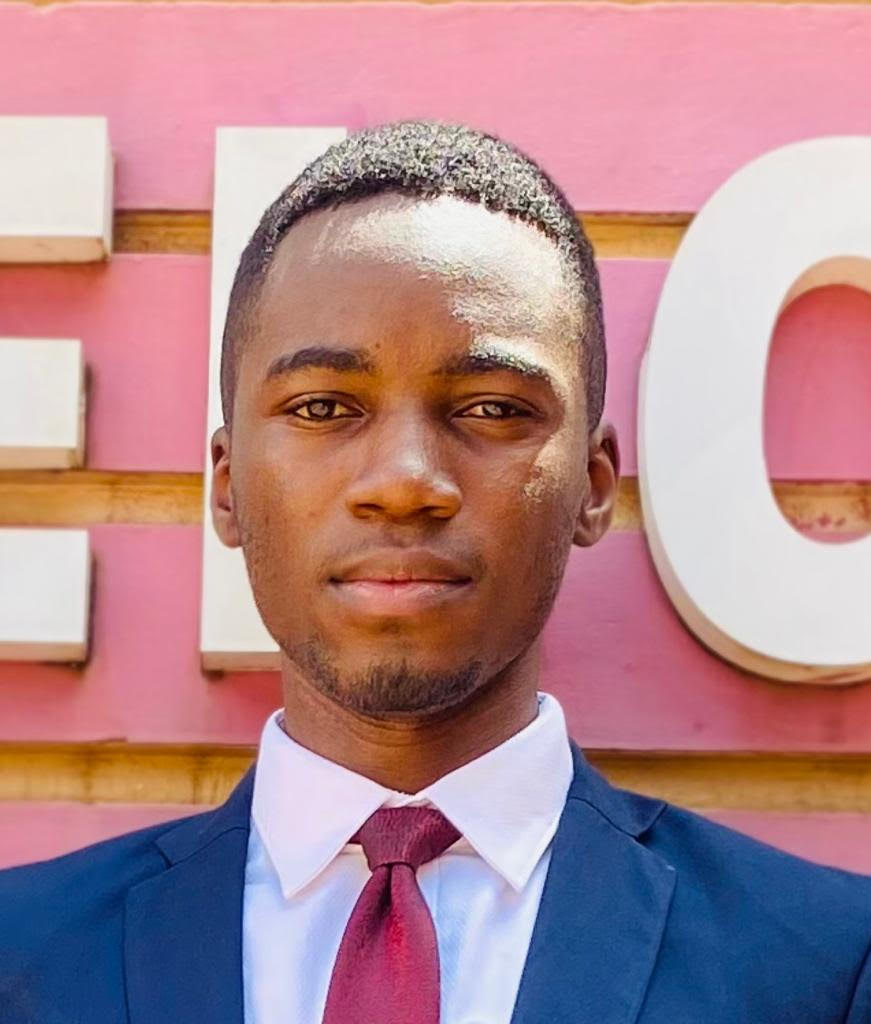
KAMPALA – Democracy might be the most successful non-theist religion of all time. Christianity as an theist religion is not as widely spread and cross-cuttingly appealing as democracy because, even predominantly Islamic countries commonly identify as democratic. Whereas it lacks a particular definition, let’s take Abraham Lincoln’s definition of democracy as government “of the people, by the people, for the people”. This means, a way of governing which depends on the will of people. My argument here is that under Ugandan democracy, the will of the people is more pronounced in their representatives more than anything American voters can imagine.
When we dissect democracy, we find that it is about relations between leaders and the citizenry. A more democratic country is therefore, that which exhibits more political accountability by leaders to their people. In Uganda, our leaders respond to the needs and expectations of their electorate more honestly and directly than how leaders in the western world respond to their voters. I actually wonder why Americans do not redefine their democracy as government “of the lobbyists, by the lobbyists, for the lobbyists”, because that is what they have. Ugandan leaders might do less for their people, but it’s in most times within limits of their public resource envelope.
In Uganda as in most of Africa, relations between rulers and the ruled depend on practices which have little to do with formal structures of power as it is within western countries. The foundations of political accountability in Uganda are collective and extra-institutional, i.e., they depend on particularistic relations between our leaders and us, beyond the institutions of government. What I find misleading is our wholesale adoption of political vocabulary imported from western democratic experiences which contradict the reality they are supposed to embody in our society. With such vocabulary, we misjudge ourselves as undemocratic because we view ourselves from a foreign reality instead of a Ugandan reality.
The western world which restlessly indulges in our internal politics should realize that the sanction of electoral success in Uganda only becomes operational when it is congruent with patrimonial politics- which they call corruption. Bazungu should wonder why despite the undeniable large gap in terms of resources and lifestyle between Ugandan politicians and citizens, they (politicians) are never disassociated from their supporters? It is because the “abuse of power” as understood in the west is a misconception of our societies in an exaggeratedly dichotomized view which emphasizes inexistent divisions between the ruling class and the ruled yet what we have in Uganda is relative continuity…whereby the material prosperity of our leaders is a symbol of our collective prominence according to a process some political scientists call “vertical symbolic redistribution”. H.E Bobi Wine is a beneficiary of this process as a prominent Ghetto President whose affluence did not disassociate him from the ghetto youth who lack the wealth, he flashes at them in his music videos and reality T.V shows. Therefore, our politicians’ ostentation is part of democratic representation in Uganda and is celebrated as long as leaders adequately meet the generosity expected of them. Yet this should not be simplistically misinterpreted as manipulation. Ugandans expect to exchange political support for concrete help with their social burdens and our leaders do this, exactly as expected of them by the Ugandan voters.
The process of legitimization engendered in our electoral politics is different from the Western process. If Americans eat Obama’s oratory, Ugandans literally eat from the pockets of their leaders in exchange for votes. This is the way our politics is organized and it should not be misunderstood as undemocratic because democracy in any given society evolves from specific social circumstances, which vary across nations and thus, cannot produce a uniform form of democracy. Since the social matter on which our societies are built is disparate from one society to another, we cannot all produce a similar form of democracy. That is why change of government rarely brings changes in the nature of political organisation in our societies across Africa. Therefore, eventually when President Museveni’s administration loses legitimacy as it increasingly is, it might be because of the constraints on resources he has available for redistribution to satisfy his web of patronage across the country rather than that his method of government has become undemocratic.
The writer, Nnanda Kizito Sseruwagi is a lawyer





